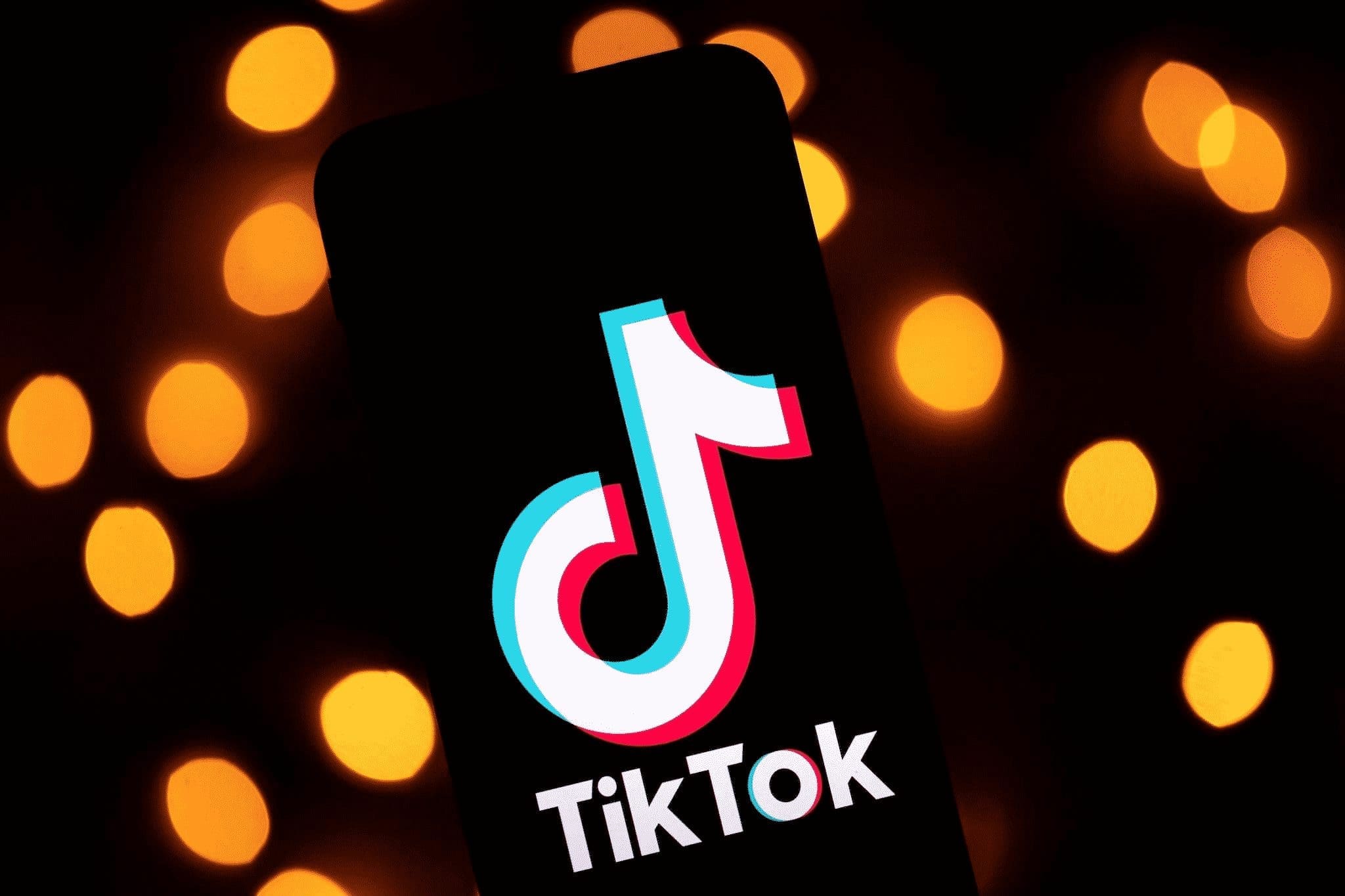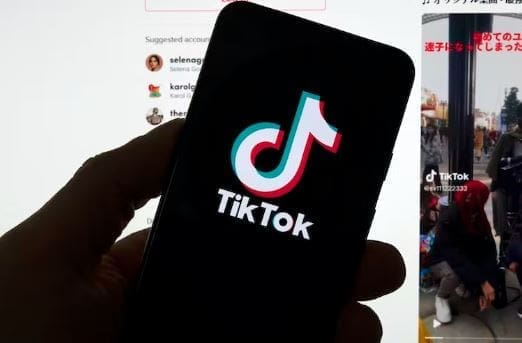TikTok has unveiled its Instagram rival, TikTok Notes, launching initially in specific regions including Canada and Australia, accessible for download on both the Google Play Store and Apple App Store, according to the company’s announcement.
The company said on X that it was inn the early stages of experimenting with a dedicated space for photo and text content with TikTok Notes.
“Starting today, TikTok Notes is available for download and limited testing in Australia and Canada.
“We hope that the TikTok community will use TikTok Notes to continue sharing their moments through photo posts,” said the company.
“Whether documenting adventures, expressing creativity, or simply sharing snapshots of one’s day, the TikTok Notes experience is designed for those who would like to share and engage through photo content.”
/1 We’re in the early stages of experimenting with a dedicated space for photo and text content with TikTok Notes. Starting today, TikTok Notes is available for download and limited testing in Australia and Canada.
— TikTokComms (@TikTokComms) April 17, 2024
/2 We hope that the TikTok community will use TikTok Notes to continue sharing their moments through photo posts. Whether documenting adventures, expressing creativity, or simply sharing snapshots of one’s day, the TikTok Notes experience is designed for those who would like to… pic.twitter.com/KPXJqbaOdG
— TikTokComms (@TikTokComms) April 17, 2024
Also read: TikTok In The Workplace. Rather Not?


It is a new age, and Generation Z, aptly known as Zoomers, are beginning to make up a large part of the workplace. With that comes employees who actively engage in all forms of social media. They use Facebook, Twitter, Instagram, Snapchat and TikTok almost interchangeably. While social media certainly has its benefits, there is no doubt that underneath the surface lurks a dark underbelly.
These employees will often participate in TikTok videos, which are generally funny or uplifting skits, purely for entertainment. On TikTok, alarmingly, users sometimes can be seen filming their workplace or posting a personal video while wearing company clothing. They may even complain about colleagues or management in a TikTok video showcasing the workplace and employer in an identifiable and negative light.
Should such conduct be allowed, and can it lead to disciplinary action or even dismissal?
It is advised that all employers adopt a detailed social media policy, clearly indicating to employees what is and what is not allowed when using social media. The rules regarding the use of social media should be incorporated into the contract of employment and or the employer’s disciplinary code.
This type of misconduct has been dealt with in the South African Courts before. In the case of Juda Phonyogo Dagane v South African Police Services (2018) 7 BLLR 669, the Labour Court dismissed a review application brought by an employee who challenged an arbitration award which upheld his dismissal for comments made by him on Facebook.
